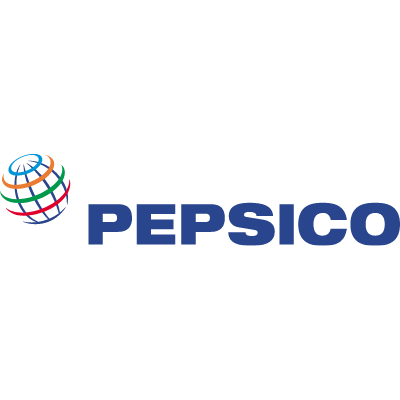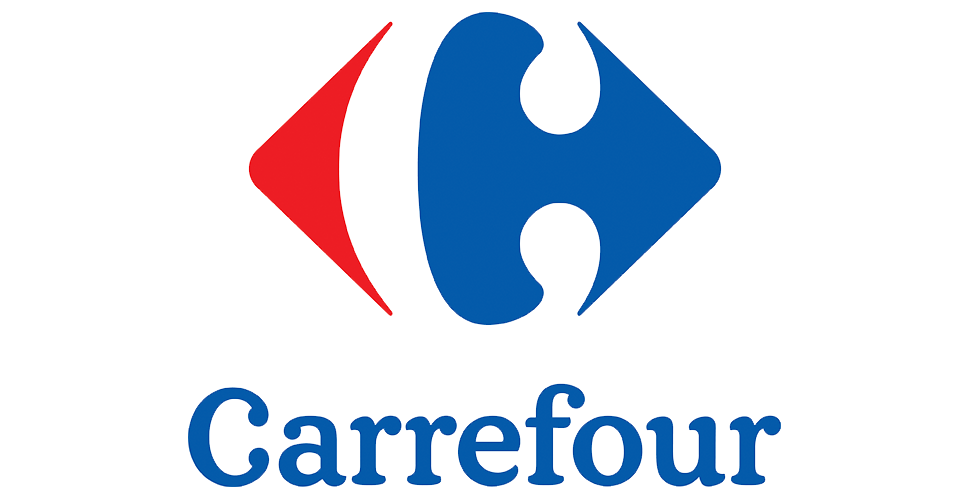As generative AI is emerging as a game-changer that will transform many aspects of our lives, its potential applications in the realm of business are also being widely discussed. In this article, I will talk about generative AI in business while also emphasizing the importance of security and confidentiality.
The Polish version of this article was published in ITwiz Magazine on the 5th of July 2023.
Generative AI that can write articles, generate images or program code has recently made headlines. Since ChatGPT was launched in November 2022, we have been constantly swamped by news about new developments in this area. The AI arms race between tech giants like Microsoft, Google, and Baidu is accelerating. In the public discussion, many different scenarios of potential AI use cases, both positive and negative ones, have appeared. Some have even predicted a dystopian vision of the future, where many professions (lawyers, journalists, writers, translators, graphic designers) are replaced by AI.
Yet these are rather philosophical debates that, however interesting they may be, do not have practical implications. What is interesting for business is the potential of large language models (LLM) to solve real-life business problems. When you look at the question beyond the hype, it poses some challenges that might not be obvious to AI enthusiasts and evangelists.
Confidentiality, security, and personal data protection
From a business standpoint, one of the key aspects is to ensure security and data confidentiality. And here ChatGPT is navigating in murky waters. OpenAI, the company that stands behind this immensely popular generative AI solution, can use content sent by users to improve their services and train their AI models.
Such a clause in the Terms of Use of the service might only be a little inconvenient for an individual user. But for enterprises, it is a serious blocker. It is hard to imagine any company that would agree to the possibility that their confidential data might become part of publicly available models. The use of ChatGPT by employees at companies poses a risk of data leakage, e.g., when somebody, even unintentionally, would send such data to OpenAI’s servers. That is exactly what happened at Samsung, where the company banned their employees from using generative AI services including ChatGPT, Bing and Google’s Bard.
Personal data protection is also crucial in the EU. Doubts have arisen over whether such data was used unlawfully to train OpenAI’s models, leading to a temporary suspension of ChatGPT in Italy.
Business context
Another important question is how to customize generative AI solutions to solve a specific business challenge. The models used by ChatGPT to generate natural language and code can do incredible things but were trained based on publicly available data. It is an open question whether they can be equally successful in a specific business context, where specialist company knowledge is required, and the obtained results need to be correct and consistent over time.
Therefore, I believe that ChatGPT, despite all the hype around it, cannot simply be implemented in the business environment. To make that happen, we need a proper infrastructure that will ensure confidentiality, security, and the customization of AI models to the business context.
Generative AI in business
For now, Microsoft is leading the race in utilizing generative artificial intelligence in business. For several months now, the company has been consistently adding new features based on generative AI to its products. Satya Nadella, the CEO of the company, said in one interview that he dreams of Microsoft again becoming a leader in developing innovative IT technologies. It seems that his dream is becoming a reality.
From a business perspective, the Azure OpenAI services are certainly worth noting. They allow enterprise users to access the powerful GPT-3 and GPT-4 models used in successive versions of ChatGPT, as well as the Codex model capable of generating code and translating natural language into code. As users work in a closed and controlled environment, a high level of security and confidentiality is ensured.
However, the greatest advantage of the Azure OpenAI services lies in the ability to utilize your own data for fine-tuning OpenAI models to meet specific needs. This allows for the full potential of large language models to be harnessed in order to solve business problems. Importantly, client data is not used to train publicly available OpenAI models. It is retained only within the context of their own model, also known as the fine-tuned model. In addition, Azure OpenAI users have access to content filters that enable the detection of unwanted or harmful content generated by the model.
I believe that training OpenAI models tailored to specific tasks is the direction generative artificial intelligence will take for business applications. Such a model provides better control over outcomes and ensures that no confidential data leaks out.
Low-code and generative AI: opening new possibilities for business users
Low-code platforms are another very promising area of generative AI application. Microsoft also offers its product in this technology niche—Power Platform. Low-code technology inherently offers vast capabilities for creating business applications to automate company processes. By using it, citizen developers, or business users, do not need to learn coding to create solutions that streamline their day-to-day work. Its fusion with generative AI offers even more possibilities.
The users of Power Apps, one module of the Power Platform, can quickly and easily create new low-code applications by uploading their designs in the form of Figma files, PDFs, or even simple sketch photographs. In the Power Virtual Agents module, bots can be created based on identified company resources, such as a website or internal knowledge base. AI Builder, a specialized module that allows the use of artificial intelligence in apps created in the MS Power Platform, now also has access to the GPT-3 model and can generate text based on input data. This function is currently available in preview mode only in the United States, but it is easy to envision a multitude of applications: from generating reports, composing emails and filling forms to creating intelligent chat bots.
A recent addition is Copilot, which acts as a user assistant in Power Apps, Power Virtual Agents, and Power Automate modules. Now, to build an app, workflow, or bot, they can be described using natural language, and Copilot will construct them within a few seconds.
Practical applications of generative AI in business
The first thing that comes to mind is building a customer service chat bot. Such a bot could be based on available language models and further fine-tuned on company data, such as a product catalog or knowledge base. It could work as a virtual customer advisor, helping find the right product or solution.
Another practical application is a search engine for company resources. Every company creates vast amounts of documentation, internal regulations, procedures, forms, etc. A search engine based on the Azure OpenAI language model could help employees navigate the dense corporate information jungle and find the document they need.
Azure OpenAI models are also very good at summarizing various kinds of documents. Imagine a company that sells a product which is then reviewed by customers. Such reviews can be abundant, and it is unrealistic to expect potential customers to read them all. Generative artificial intelligence can assist in making the appropriate purchase decision by summarizing all the reviews of the product they are interested in.
The powerful capabilities of large language models can also be used to accelerate content creation. Imagine a company with a wide range of products. Each one needs a detailed description, a task that requires a considerable amount of time and effort. But if you were to train the language models available in Azure OpenAI to describe specific products, you could prepare these descriptions much faster, even assuming a human would need to verify the model’s output.
Conclusion
Generative artificial intelligence offers a potential plethora of business opportunities. However, when implementing it, one must keep in mind the importance of security, confidentiality, and model fine-tuning to suit specific needs. In the field of the business applications of generative AI, Microsoft appears to be the current leader. Yet, the race is on, and other tech giants will undoubtedly propose competitive solutions. I believe that having solutions based on generative AI is gradually becoming a must-have for every company.










